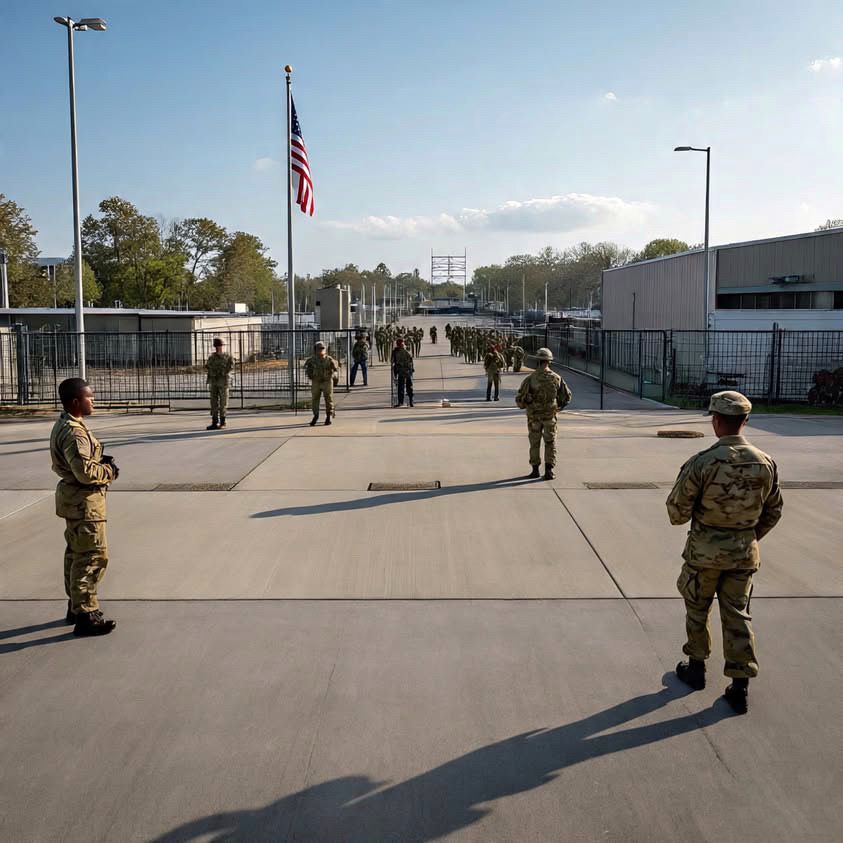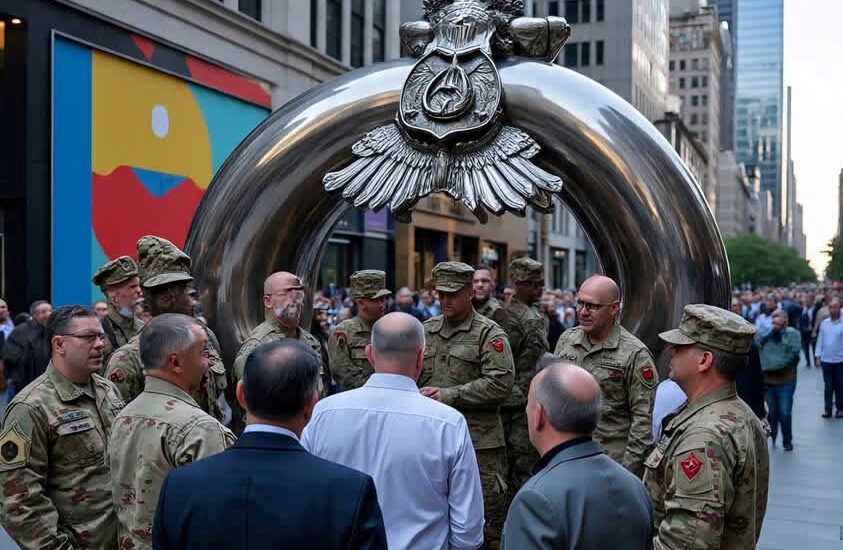When I first started studying sociology in college, I never expected to find myself fascinated by military institutions and their profound impact on society. Yet here I am, years later, still grappling with questions about how armies function as social organizations and how warfare shapes the very fabric of our communities. Military sociology opens up a world where discipline meets chaos, where individual identity collides with collective purpose, and where the study of conflict reveals unexpected truths about human nature. Discover the sociology of war, veteran experiences, and the complex relationship between armed forces and civilian life.
The sociology of the military goes far beyond understanding how soldiers are trained or how battles are fought. It examines how military institutions create distinct social worlds with their own hierarchies, values, and behavioral norms. Think about it, when someone joins the armed forces, they are not just taking on a job. They are entering a total institution that will reshape how they see themselves and interact with others.
Military culture operates on principles that often seem contradictory to civilian life. The emphasis on absolute obedience to authority clashes with democratic ideals of individual freedom and questioning. I remember talking to a veteran friend who described the strange adjustment period after leaving the service. He found himself missing the clarity of military hierarchy, even though he had sometimes chafed against it during his service. The military provides a sense of purpose and belonging that can be difficult to replicate in civilian society.
One of the most intriguing aspects of military sociology is how these institutions manage violence. Armed forces must train individuals to be capable of lethal force while maintaining discipline and preventing that violence from spiraling out of control. This requires sophisticated socialization processes that transform civilians into soldiers. The process involves breaking down individual identity and rebuilding it within the context of military values and group loyalty.
War itself serves as a powerful force for social change, though not always in ways we might expect. Major conflicts have historically accelerated technological innovation, altered gender roles, and shifted economic structures. World War II, for instance, brought women into the workforce in unprecedented numbers, fundamentally changing social expectations about female employment. Similarly, military research and development programs have produced innovations that eventually transform civilian life, from the internet to GPS technology.

The relationship between military institutions and civilian society remains complex and sometimes tension-filled. Democratic societies must balance the need for effective defense with concerns about militarization of civilian institutions. We see this tension playing out in debates about police militarization, where military tactics and equipment find their way into civilian law enforcement.
Military families face unique sociological challenges that reflect broader themes in the study of social institutions. Frequent relocations disrupt traditional community ties, while deployment cycles create unusual family structures where one parent may be absent for extended periods. These patterns affect everything from child development to spousal employment opportunities, creating ripple effects throughout military communities.
The concept of military culture extends beyond active duty personnel to include veterans, military families, and civilian contractors who work within the defense establishment. Each group develops its own subculture while remaining connected to the broader military social world. Veterans, for example, often maintain strong connections to military identity long after their service ends, participating in veteran organizations and maintaining friendships forged during their military years.

Recent changes in military demographics have created new areas of sociological interest. The integration of women into combat roles challenges traditional assumptions about gender and warfare. Similarly, the increasing reliance on private contractors and unmanned technologies raises questions about the changing nature of military service and the warrior identity.
Military sociology also examines how societies remember and commemorate warfare. War memorials, veterans’ holidays, and military ceremonies serve important functions in maintaining social cohesion and national identity. These rituals help societies process the trauma of conflict while honoring those who served. They also shape how we understand concepts like heroism, sacrifice, and national purpose.
The psychological impact of military service extends beyond individual veterans to affect entire communities. Post-traumatic stress, while often discussed in individual terms, actually represents a social phenomenon that requires community-level responses. Military towns, veteran support networks, and family systems all play crucial roles in helping individuals readjust to civilian life.
Understanding military sociology helps us better comprehend how human societies organize themselves in the face of existential threats. It reveals the delicate balance between individual agency and collective action, between innovation and tradition, between civilian values and military necessity. As we face new forms of conflict in the digital age, these insights become increasingly relevant for understanding how societies adapt and survive.
The study of military institutions ultimately teaches us about the broader dynamics of power, authority, and social organization. Whether we are examining boot camp socialization or the reintegration of veterans into civilian life, we are really exploring fundamental questions about how humans create meaning, build communities, and respond to crisis.
Reference
Burk, J., & Espinoza, E. (2012). Race relations within the US military. Annual Review of Sociology, 38, 401–422.
Caforio, G. (Ed.). (2003). Handbook of the sociology of the military. New York, NY: Kluwer Academic/Plenum Publishers.
Kümmel, G., & Prüfert, A. (Eds.). (2000). Military sociology: The richness of a discipline. Nomos.

